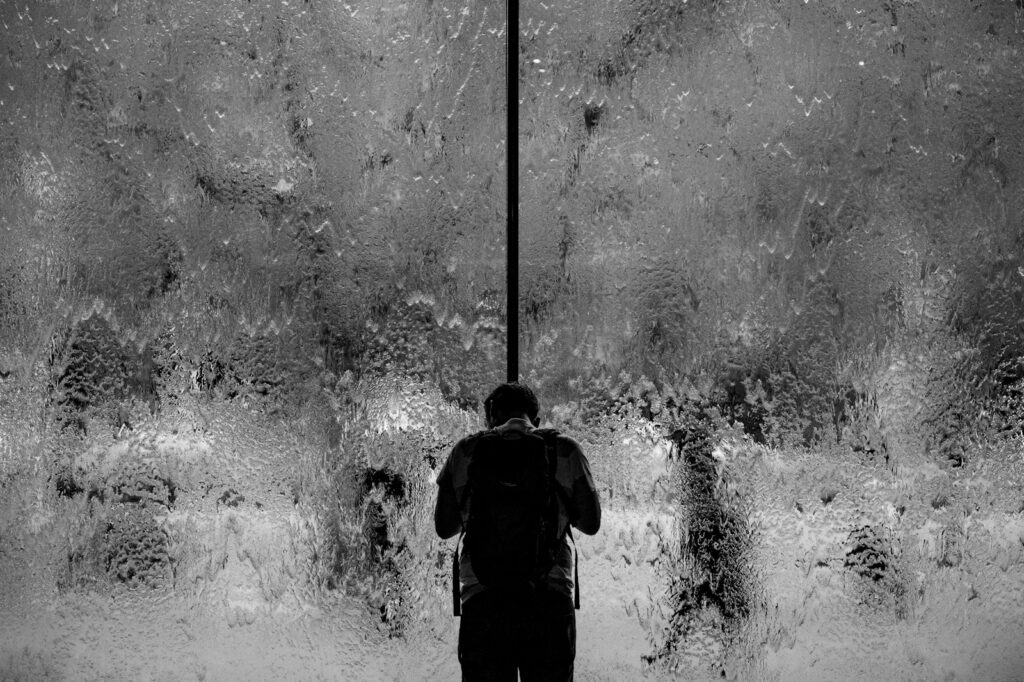
Bulgarian Debate on Immigrant Workers Is Not Economic, but Socio-Cultural
In 2024, just over 10,000 people moved into the Plovdiv district from other parts of Bulgaria. The largest group, almost 5,000 people, changed their address within the province itself, while there was also a significant inflow (over 700 people) from the capital, a clear sign that Bulgaria’s second-largest city is becoming increasingly attractive.











